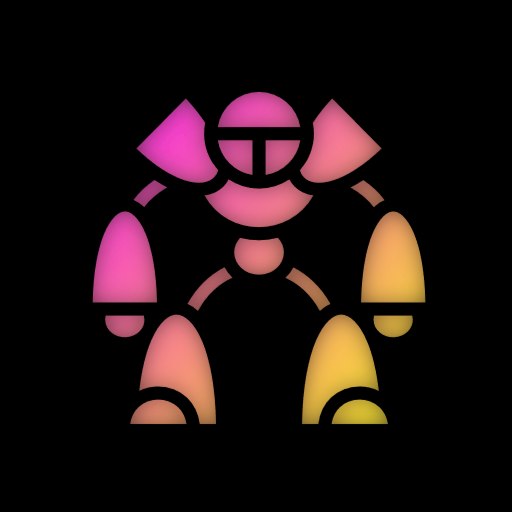A cool application of RLHF (Reinforcement Learning w/ Human Feedback - the same approach as what OpenAI used to train ChatGPT).
The authors trained an agent to fly FPV drones at a level surpassing world champions.
You must log in or register to comment.

